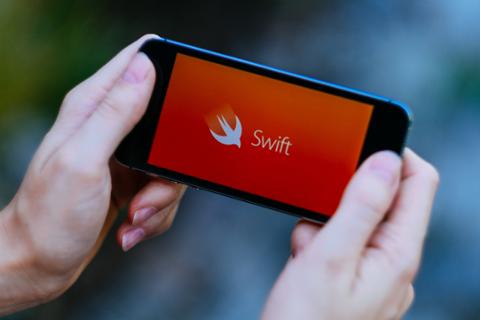Layoffs have swept Silicon Valley this year, impacting the biggest of the big tech companies: Google, Amazon, Microsoft, Salesforce, and others have cut tens of thousands of employees. Of course, these layoffs have been devastating to those impacted—but Tesla (and Twitter) CEO Elon Musk thinks such staff cutbacks ultimately benefit those companies in the long term.
“I think there is a potential for significant cuts at other companies without affecting their productivity, in fact increasing their productivity,” Musk said at The Wall Street Journal’s CEO Council last week, as reported by Business Insider.
Musk is speaking from a very particular perspective. When he acquired Twitter in late 2022, he promptly reduced the social network’s overall workforce from 7,500 to roughly 1,000 today. That’s a significant reduction, to put it mildly, and despite some well-publicized problems with the platform’s stability, he insists the company is now more efficient.
"Twitter was in a situation where you'd have a meeting of 10 people—one person with an accelerator and nine with a set of brakes, so you didn't go very far," he told the audience at the CEO Council.
Over the past year, other tech giants have used the mass layoffs to flatten their management structure and make operations more efficient. In February, Meta reportedly asked managers to become “individual contributors” or leave the company. “I don’t think you want a management structure that’s just managers managing managers, managing managers, managing managers, managing the people who are doing the work,” Zuckerberg said during a company all-hands meeting, according to the Command Line newsletter at the time.
But will the biggest tech companies, having cut thousands of employees, actually see gains in productivity? Growth hinges on many factors, including general morale, a culture of innovation, and effective leadership; you can’t just cut people and expect to see outsized results. Plus, all of these companies are actively exploring opportunities in resource-intensive arenas such as virtual reality and artificial intelligence (A.I.)—if they want to stay ahead of rivals, they’ll need to keep hiring top talent and investing in infrastructure. Musk might think the link between cuts and productivity is a simple one, but others may disagree.



